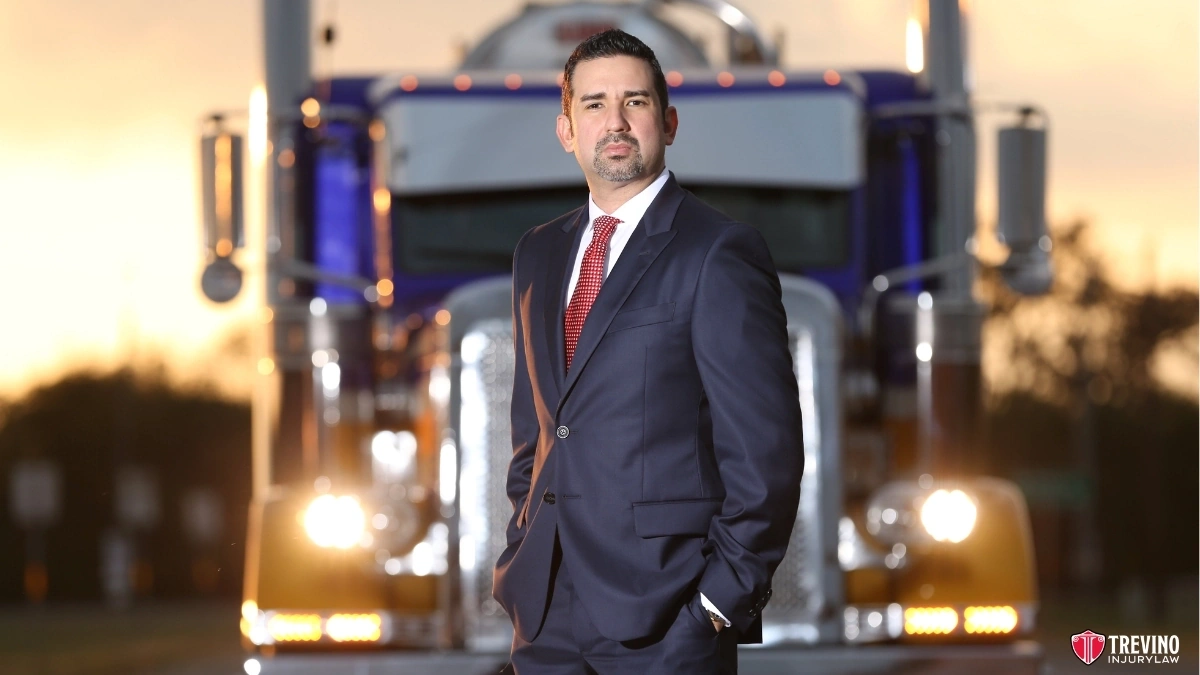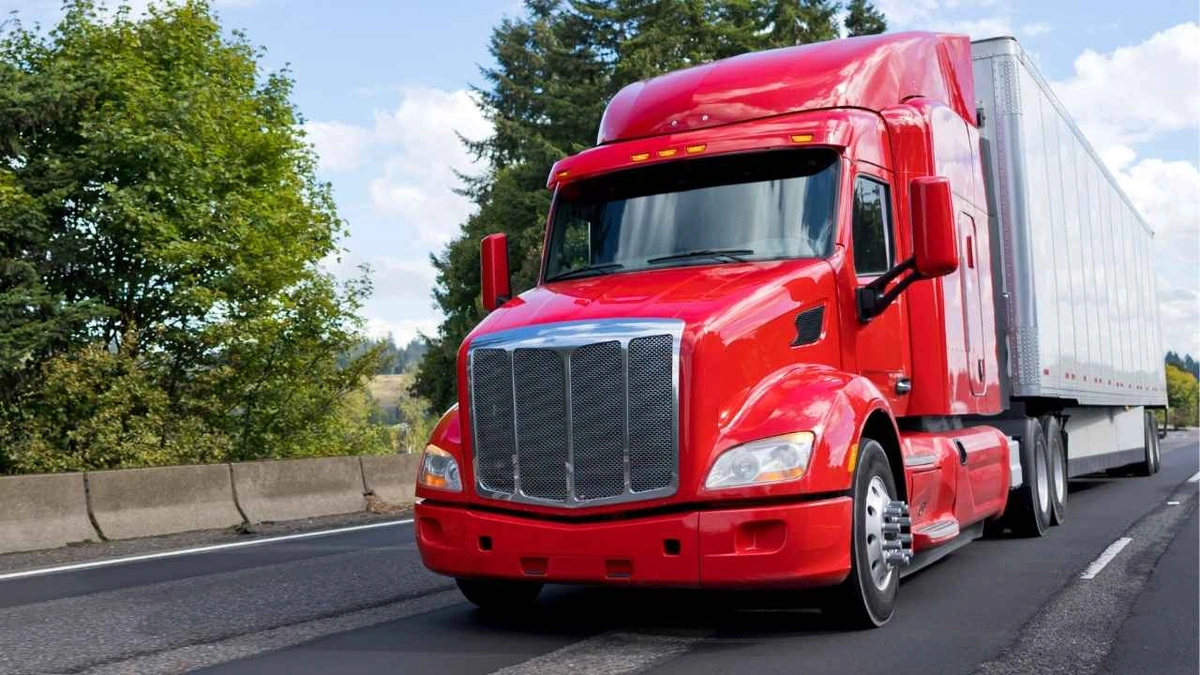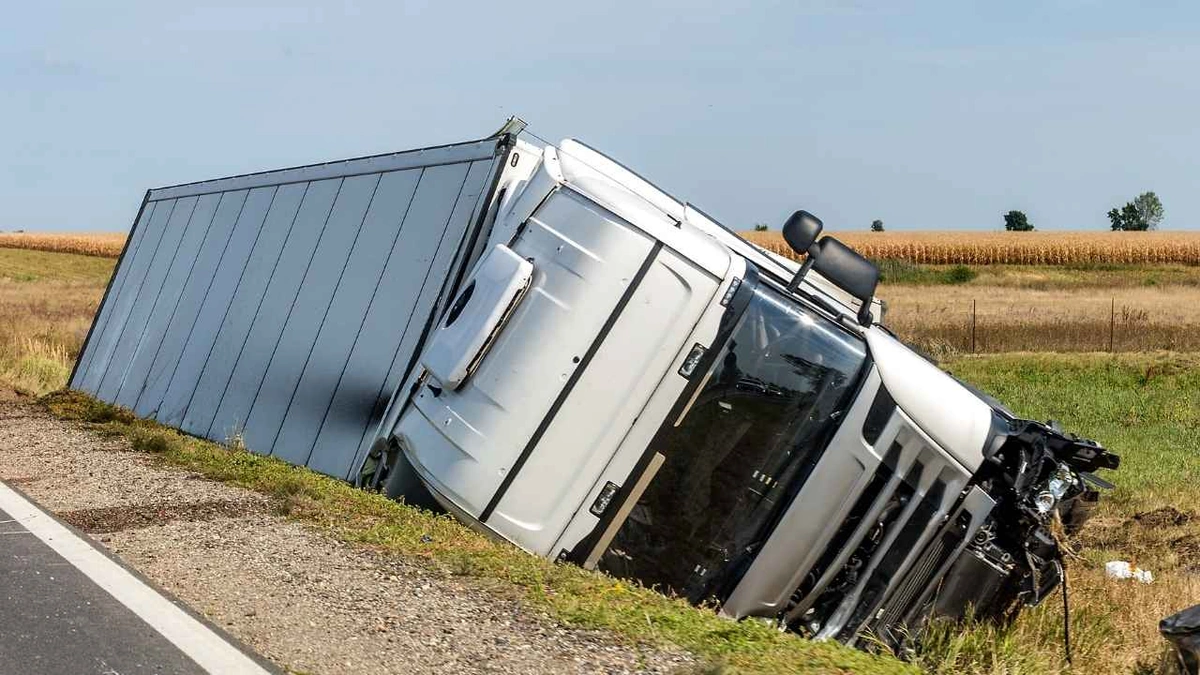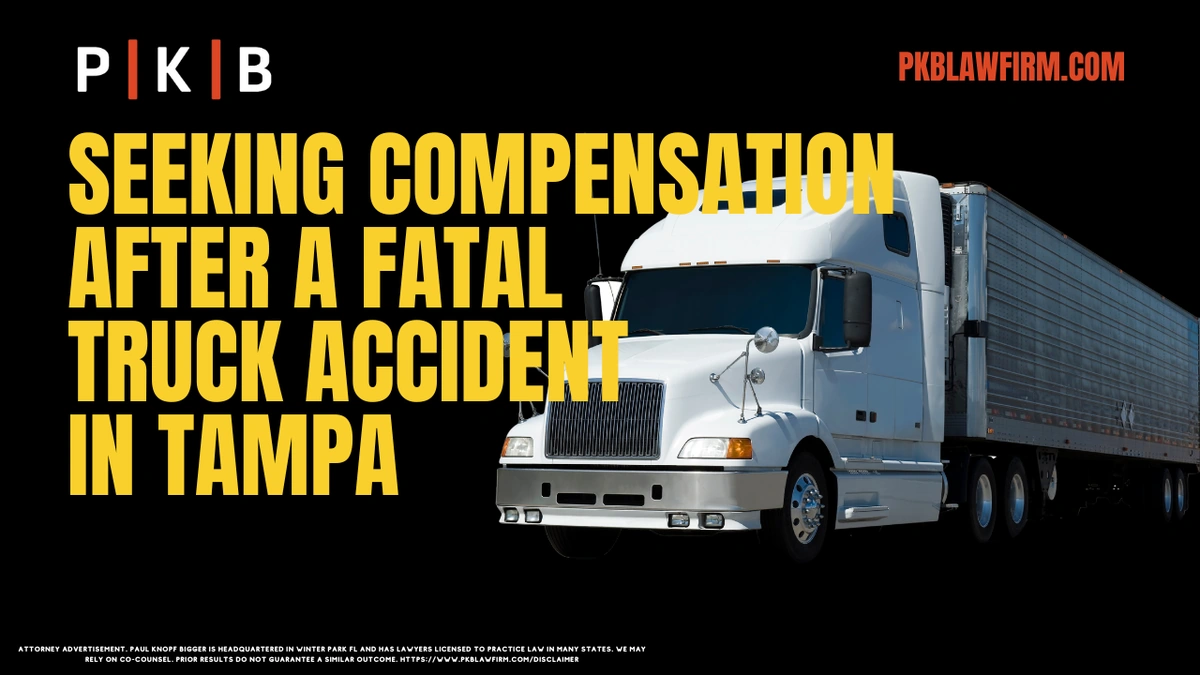Let’s grab a metaphorical coffee for a minute. Imagine you’re in a simple street fight one person against another. It’s chaotic, it’s stressful, but the rules are somewhat understood. Now, imagine you turn around and you’re not facing one person. You’re facing an entire corporate department: their manager, their HR rep, their in-house lawyer, and their security team. The fight is no longer the same. The rules are different, the stakes are astronomically higher, and you are, to put it mildly, outmatched.
That’s the difference between a car accident and a truck accident.
Here’s the thing most people don’t realize until it’s far too late: when you’re in a collision with a massive 18-wheeler, you haven’t just been in an accident with a driver. You’ve just entered a complex legal battle with a sophisticated, well-funded logistics company, its powerful insurance provider, and their team of rapid-response investigators. They have a playbook, and its first chapter is always the same: minimize their payout to you. This is precisely why finding a skilled truck accident attorney isn’t just a good idea; it’s the most critical decision you will make in the aftermath of the crash.
So, let’s break down why this is a completely different league and what you need to understand to protect yourself.
The Clock is Ticking | Why the First 48 Hours are Everything

In a normal car crash, you exchange insurance info, maybe call the police, and the evidence (skid marks, vehicle damage) stays relatively stable for a while. After a commercial truck crash? An invisible clock starts ticking down, and evidence begins to vanish almost immediately.
Here’s what’s happening behind the scenes while you’re still trying to process the shock:
- The Company’s Team is Mobilized: Large trucking companies often have accident response teams on standby. While you’re in the ambulance, their investigators, lawyers, and insurance adjusters are already on their way to the scene. Their goal? To collect evidence that protects them, not you. They’ll talk to witnesses, take photos from specific angles, and start building their case before you’ve even spoken to your own family.
- Digital Evidence Can Disappear: Modern trucks are equipped with an Electronic Control Module (ECM) or an “event data recorder” (EDR)—a black box. This device records crucial data like speed, braking patterns, and RPMs in the seconds leading up to a crash. This is gold-standard evidence. But here’s the catch: that data can be overwritten after a certain number of ignition cycles. If a truck accident attorney doesn’t send a spoliation letter (a legal demand to preserve evidence) immediately, that crucial data could be legally wiped clean.
- Logbooks Get “Corrected”: Drivers are required by law to maintain Hours of Service (HOS) logbooks to prevent fatigue. These regulations, governed by bodies like the Ministry of Road Transport and Highways in India, are frequently violated. A common cause of accidents is a tired driver pushing their limits. After a crash, these logs—whether digital or paper—have a funny way of being “updated” or “lost” if not secured right away.
This is the first, and perhaps most important, piece of the puzzle. It answers the question of what to do after a truck accident : you act with urgency, because the other side already is.
Unpacking the “Goliath” | Who Are You Actually Fighting?

When another car hits you, your claim is usually against that one driver and their single insurance policy. It’s relatively straightforward. A commercial truck accident, however, opens up a complex web of liability. Identifying who is at fault is a major undertaking that a specialized lawyer is trained to handle.
Let’s be honest, the list of potential defendants can be surprisingly long:
- The Driver: Were they speeding, distracted, intoxicated, or fatigued?
- The Trucking Company: This is often the deepest pocket. Did they engage in negligent hiring (e.g., hiring a driver with a bad record)? Did they fail to provide adequate training? Did they pressure the driver to violate HOS rules to meet deadlines? This is where trucking company negligence becomes a central theme.
- The Cargo Loader: Was the truck’s cargo improperly loaded, unbalanced, or unsecured? An unbalanced load can easily cause a driver to lose control. The company that loaded the freight could be partially or fully responsible.
- The Maintenance Provider: Commercial vehicles require rigorous maintenance. If the crash was caused by brake failure, a tire blowout, or another mechanical issue, the company responsible for vehicle upkeep could be liable.
- The Truck/Parts Manufacturer: In some cases, a defective part in the truck itself—from the steering column to the tires—is the root cause.
A seasoned commercial vehicle accident lawyer knows how to investigate each of these avenues. They’ll dig into the company’s safety records, maintenance logs, and hiring practices areas you would never even know to look. They understand that the driver’s mistake might just be the final symptom of a much deeper, systemic problem within the company.
The Paper Trail to Justice | Evidence They Don’t Want You to See

Winning 18-wheeler accident claims isn’t about who tells the more compelling story in court. It’s about who has the better evidence. The trucking industry is heavily regulated, which means it generates a massive amount of paperwork. For a specialist attorney, this paper trail is a treasure map that often leads directly to negligence.
Here’s the kind of evidence your lawyer will immediately work to secure:
- The Driver’s Qualification File: This includes their driving history, employment application, training records, and drug test results.
- Hours of Service (HOS) Logs: To check for illegal driving hours and signs of fatigue.
- Dispatch Instructions & Communications: These can reveal if the company was pressuring the driver to speed or violate safety rules.
- Post-Crash Inspection Reports: Detailed analysis of the truck’s condition after the accident.
- Maintenance and Repair Records: To see if the truck was properly serviced or if known issues were ignored.
I’ve seen cases where a driver’s logbook looked perfect, but fuel receipts and GPS data showed the truck was hundreds of miles away from where the log said it was, proving the logs were falsified. This is the level of detail required, and it’s simply not something a general practice lawyer or you can effectively handle while recovering from serious injuries.
Don’t Settle for Peanuts | Calculating the True Cost of Your Crash

Within days of the accident, you will likely get a call from the trucking company’s insurance adjuster. They will sound incredibly kind, concerned, and helpful. They might offer you a quick payment to cover your immediate hospital bills and car repairs. It will feel like a lifeline.
It’s a trap. A very effective one.
The initial offer is designed to do one thing: get you to sign away your rights for the lowest possible amount. They know you’re vulnerable, and they’re counting on it. They are not offering you fair truck crash compensation ; they are offering you “go away” money.
An expert attorney understands the full, long-term costs of a catastrophic accident, which go far beyond the initial ER bill. They will work with a team of experts to calculate the true value of your claim, including:
- Future Medical Expenses: Will you need more surgeries? Physical therapy? Lifelong medication?
- Lost Earning Capacity: If you can no longer do your old job, or work at all, what is the value of those lost future wages?
- Pain and Suffering: The immense physical pain and emotional trauma have a real, compensable value.
- Lifestyle Modifications: Costs for things like retrofitting your home for a wheelchair or hiring in-home care.
The difference between the insurance company’s first offer and a comprehensive settlement negotiated by a lawyer can be staggering often the difference between a lifetime of financial struggle and having the resources you truly need to recover.
Frequently Asked Questions About Truck Accident Claims
What if I feel okay after the crash? Should I still see a doctor?
Absolutely, yes. 100%. Adrenaline can mask serious injuries like internal bleeding, concussions, or spinal damage. Not seeking immediate medical care can not only harm your health but also be used against you by the insurance company to argue your injuries weren’t caused by the crash.
The trucking company’s insurance adjuster called me. What should I say?
Politely decline to give a recorded statement. You can confirm basic facts like your name and address, but do not discuss the accident, your injuries, or fault. Simply state that you will have your attorney contact them and end the call. Anything you say can and will be twisted to devalue your claim.
How much does a truck accident attorney cost? I can’t afford a lawyer.
This is a common and understandable fear. The good news is that nearly all reputable personal injury and truck accident attorneys work on a contingency fee basis. This means you pay them nothing upfront. They only get paid a percentage of the settlement or verdict if they win your case. If they don’t win, you owe them no legal fees.
The police report says I was partially at fault. Do I still have a case?
Very possibly. Police reports are not always the final word, and sometimes they get it wrong, especially in complex commercial accidents. Furthermore, many states have “comparative negligence” laws, meaning you can still recover damages even if you were partially at fault. Don’t assume you have no case let an expert evaluate the details.
At the end of the day, dealing with the aftermath of a truck accident is about leveling a dangerously uneven playing field. The other side has a team, a system, and a strategy. Getting a lawyer isn’t about being aggressive; it’s about giving yourself a fighting chance to get the resources you need to put your life back together. It’s bringing your own champion to a fight you never asked to be in.




